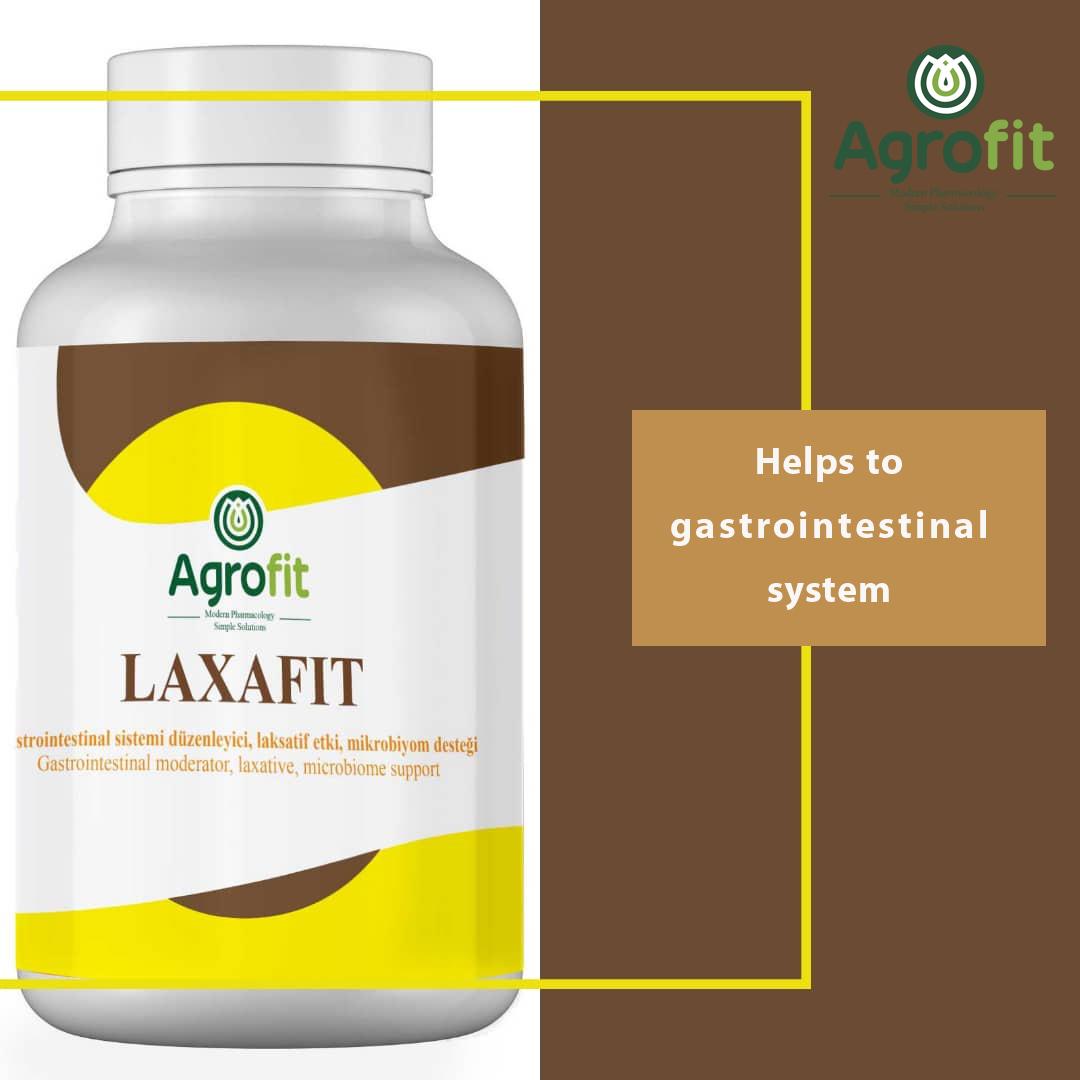
Constipation in Dogs
What is constipation?
Constipation is infrequent or difficult passage of stool or feces and is typically a temporary condition. Many constipated dogs will experience straining or pain when attempting to defecate. Obstipation, a severe form of constipation, is often associated with a serious, permanent, or irreversible medical condition.
Since one of the major functions of the colon is water absorption, sometimes the retained stool becomes hard and dry, which makes passing it even more difficult. In some cases, dogs may become dehydrated. Some constipated dogs may pass small amounts of liquid feces or blood due to their excessive straining. Sometimes, the liquid feces are mistaken for diarrhea, but actually, when the dog strains, a small amount of liquid fecal material is able to squeeze around the hard fecal mass
What causes constipation?
There are many potential causes of constipation in dogs. The most common cause is ingestion of irritating or indigestible substances. Dogs with long hair or those that lick or groom themselves excessively are also at risk for becoming constipated.
Other common causes of constipation in dogs include:
- • diseases of the colon
- drugs that cause constipation (such as antihistamines, diuretics, narcotic pain relievers, and sucralfate)
- fear, anxiety, and other behavioral conditions that alter passage of normal bowel movements
- foreign bodies or intestinal obstruction
- hormonal diseases
- neurologic diseases
- painful conditions, such as osteoarthritis that make it uncomfortable to pass stool
- pelvic injuries or abnormalities
- sudden change in diet or ingestion of new foods
- tumors or masses in the colon or rectum
How can I prevent my dog from becoming constipated?
Based on the exact cause of your dog’s constipation, your veterinarian may advise you to feed a therapeutic diet, add supplements or medications to the food, or return for additional tests or treatments. For the majority of dogs, constipation is directly related to eating an unfamiliar food or object and further medical intervention is unnecessary. Other dogs may require lifelong treatment to help maintain normal bowel movements
Diarrhea in Dogs
Mild diarrhea is very common in dogs and can be caused by mild intestinal distress caused by your dog eating a small amount of something that doesn’t agree with them, such as table scraps, or simply switching to a new brand or flavor of food.
What Causes Diarrhea in Dogs
Below are some of the most common reasons for diarrhea in dogs:
- Stress or anxiety
- Change in diet or treats
- Eating garbage or spoiled food
- Ingestion of foreign objects such as toys, bones, and fabric
- Ingesting toxins or poisons
- Viral infections such as parvovirus, distemper or coronavirus
- Parasites – roundworms, hookworms, whipworms, Coccidia, or Giardia
- Bacterial infections – such as salmonella
- Pancreatitis
- Inflammatory bowel disease
- Colitis
- Liver or kidney disease
- Intestinal cancer
- Medications such as antibiotics
How to Treat Diarrhea in Dogs
Here are some useful tips for treating diarrhea in dogs.
Never give your dog human medications without consulting your veterinarian. Many over-the-counter medications that work well for people can be toxic to dogs, and this is not an advisable way on how to stop diarrhea in dogs.
If your dog has had one or two runny or soft stools, you may want to give your dog some time to recover by simply fasting for 12 – 24 hours.
A bland diet for a day or two may help your pup’s problem. Plain-cooked white rice with some chicken and canned plain pumpkin (not pumpkin pie filling) may help your pup’s stomach feel better. Once your dog has recovered, gradually reintroduce its regular food.
Natural yogurt, probiotics, peeled boiled potatoes, cottage cheese, egg with no oil added, specially formulated dog foods, and medications prescribed by your veterinarian may also help to soothe your dog’s upset stomach.
LAXAFIT
Laxafit is designed as moderator. It will be helpful to help gastrointestinal system to restart freshly and in the right way. In cases of constipation, Laxafit by absorbing the water, increases the size and moisture of the stool. The end result is a larger, shaped stool that passes more easily through the ducts and is excreted.
In cases of diarrhea, by absorbing excess moisture, it removes bacteria, protozoa and other disease-causing agents from the body along with feces. In cases of sensitive gastrointestinal tract, IBD, defecation and stool odor. Laxafit improves the condition by modulating digestive activities, improving the function of beneficial bacteria and eliminating pathogens
